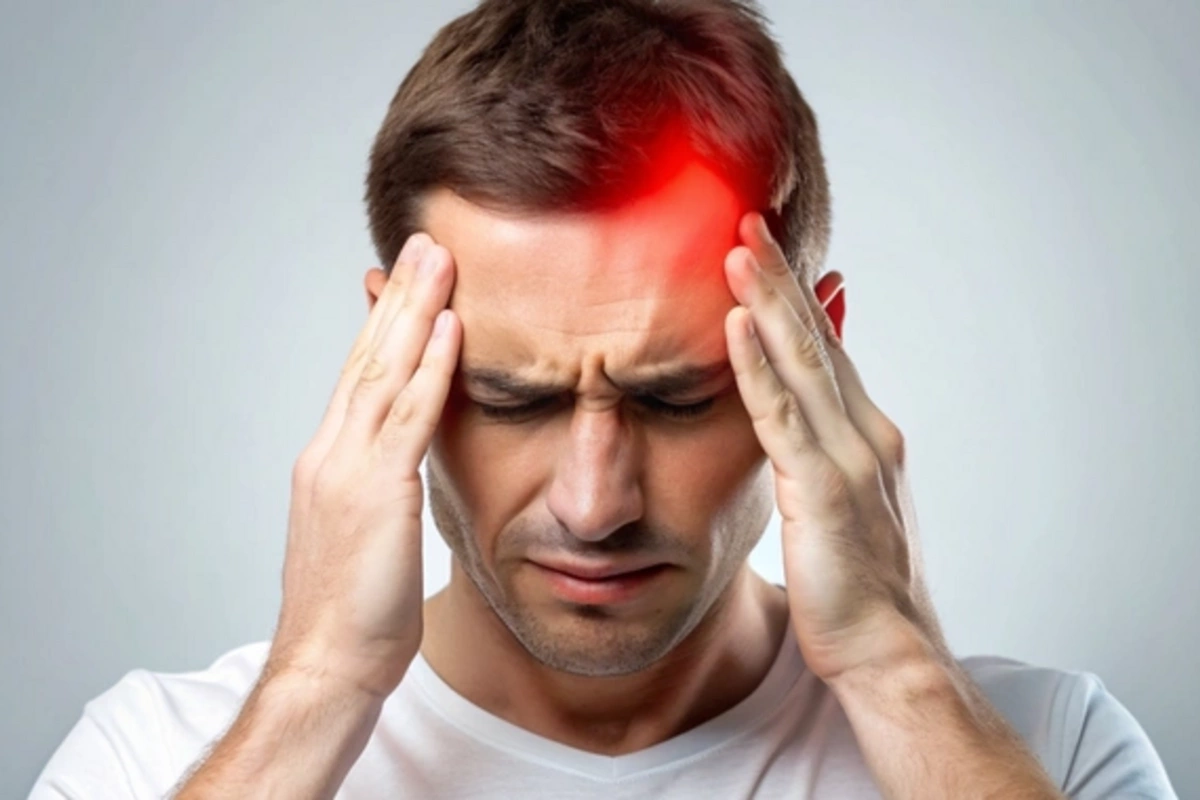18 Jun , 13:12
0

Stroke: an invisible threat that can change life in minutes. Why this condition strikes so suddenly and how to recognize the danger before catastrophe.
Imagine: a person feels great, makes plans for the future, and in a few minutes ends up in intensive care with a diagnosis of "stroke." What lies behind this medical drama that unfolds daily in thousands of families around the world?
What is a stroke
Stroke is an acute disruption of blood circulation in the brain. It comes in two types: ischemic (when a vessel is blocked by a blood clot) and hemorrhagic (when a vessel ruptures and bleeding occurs in the brain). In both cases, the blood supply to a certain area of the brain is disrupted, cells begin to die, and depending on the affected area, paralysis, loss of speech, vision, memory, or even death can occur.
Why it occurs suddenly
A stroke may seem sudden, but in most cases, invisible processes have been occurring in a person's body for a long time, gradually leading to this condition. The problem is that these processes occur without obvious symptoms.
Hidden diseases
Many people don't even realize they have chronic diseases that increase the risk of stroke. For example:
high blood pressure, which is not felt but destroys blood vessels;
high cholesterol levels, contributing to the formation of plaques and blood clots;
heart rhythm disorders, in which clots can form in the heart and travel to the brain;
diabetes, slowly damaging blood vessels.
Often, a person learns about these problems only after a stroke has occurred.
Lifestyle impact
Even in the absence of visible health problems, our daily lifestyle can create the foundation for a stroke. This includes:
constant stress, which causes blood vessels to spasm;
lack of sleep, depleting the nervous system;
prolonged sitting without movement, slowing blood circulation;
exhaustion, including physical, especially without preparation.
Externally, a person may appear energetic and active, but internally, the body is already overloaded and vulnerable.
Lightning-fast development
One of the reasons why a stroke seems sudden is its rapid development. Sometimes only a few minutes pass between the first symptoms and severe consequences. A person can suddenly feel unwell at work, on transport, at home, at a moment when they absolutely do not expect any trouble.
Symptoms can be mild: slight dizziness, numbness in the arm, minor speech confusion. And if at this moment you don't pay attention and don't call a doctor, the condition rapidly deteriorates.
Why young and "healthy" people are also at risk
Modern realities show that stroke increasingly affects not the elderly, but young people. The main reasons:
chronic stress against the background of career and lack of sleep;
irregular nutrition and energy drinks;
excessive physical exertion without medical supervision;
working at a computer and a sedentary lifestyle;